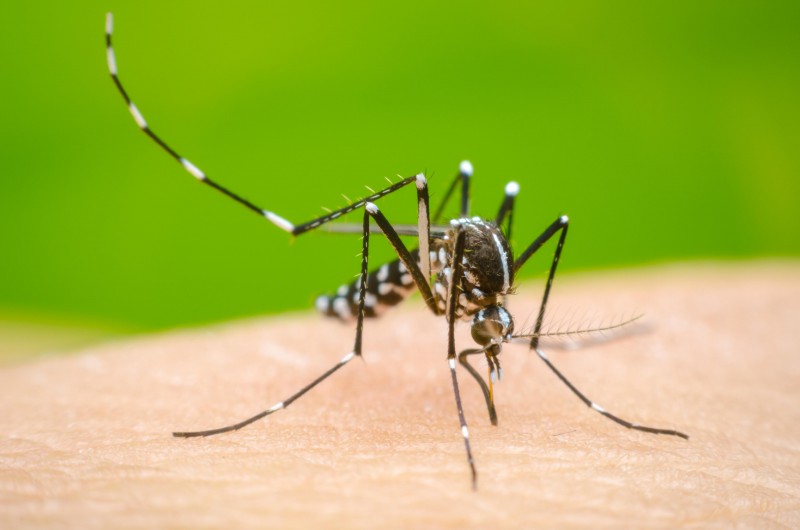
Dengue, a mosquito-borne viral infection, continues to be a significant public health concern, particularly in regions like West Bengal, where cases are on the rise. The monsoon season often provides conducive breeding grounds for disease-carrying mosquitoes, leading to a surge in dengue infections. To combat this growing health threat, it is crucial for individuals and communities to take proactive measures to prevent the spread of dengue. This article highlights key prevention strategies to protect oneself and the community from dengue in West Bengal.
Understanding Dengue and Its Symptoms
Dengue fever is caused by the bite of infected Aedes mosquitoes and can lead to severe flu-like symptoms, including high fever, severe headaches, joint and muscle pain, fatigue, and a characteristic skin rash. In severe cases, dengue can progress to a life-threatening condition known as dengue hemorrhagic fever or dengue shock syndrome. With the increase in dengue cases in West Bengal, it becomes essential to be aware of the symptoms and seek medical attention promptly if any signs of infection are observed.
Eliminate Breeding Sites
The first line of defense against dengue is to prevent the breeding of Aedes mosquitoes. These mosquitoes lay their eggs in standing water, making it crucial to eliminate potential breeding sites around homes and communities. Regularly check and remove stagnant water from flower pots, water containers, discarded tires, and other objects that can collect water. Community efforts to clean and maintain public areas can significantly reduce mosquito breeding grounds.
Use Mosquito Repellents
During the monsoon season, when mosquito activity is at its peak, individuals should use mosquito repellents containing DEET, picaridin, or oil of lemon eucalyptus to protect themselves from mosquito bites. Applying these repellents to exposed skin and clothing can reduce the risk of mosquito bites and potential dengue transmission.
Wear Protective Clothing
Wearing long-sleeved shirts, long pants, and socks can serve as an additional barrier against mosquito bites, especially during peak mosquito activity times, such as early morning and late afternoon. Clothing treated with permethrin can provide added protection against mosquito bites.
Screen and Seal Doors and Windows
To prevent mosquitoes from entering homes, it is essential to install and maintain screens on doors and windows. Ensuring that there are no gaps or tears in the screens can significantly reduce the likelihood of mosquito entry into living spaces.
Community Awareness and Collaboration
Community-wide efforts are crucial in combatting dengue. Local authorities, healthcare providers, and community leaders should collaborate to raise awareness about dengue prevention measures. Conducting educational campaigns, distributing informational materials, and engaging in community clean-up drives can foster a culture of dengue prevention and encourage collective action.
Conclusion
The increasing cases of dengue in West Bengal require urgent attention and action. By adopting preventive measures such as eliminating breeding sites, using mosquito repellents, wearing protective clothing, and ensuring community collaboration, we can effectively reduce the risk of dengue transmission. Proactive efforts on both individual and community levels are essential in safeguarding public health and curbing the spread of dengue in the region. Together, we can protect ourselves and our communities from this mosquito-borne menace and promote a healthier and safer environment for all.
Bina Das: Fearless Fighter of India's Freedom Struggle
Batukeshwar Dutt: The Forgotten Revolutionary Who Stood by Bhagat Singh's Side
The Serenity of Seychelles: Secluded Beaches and Island Adventures